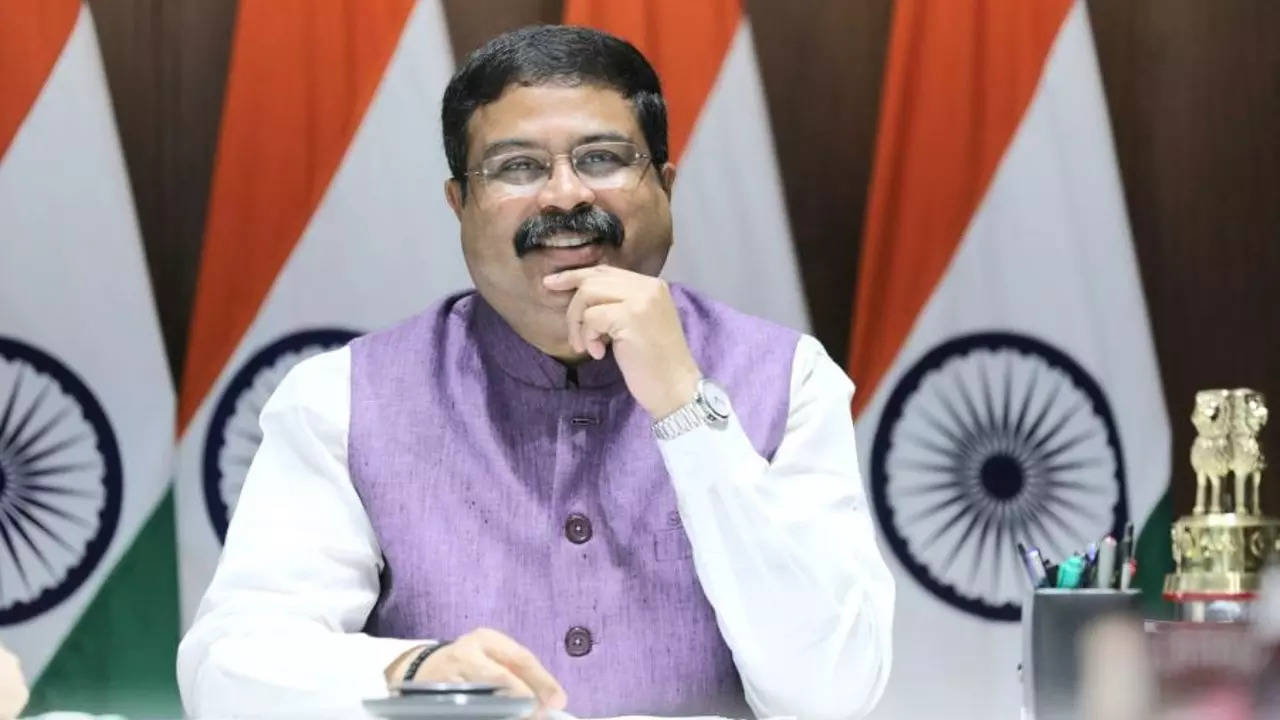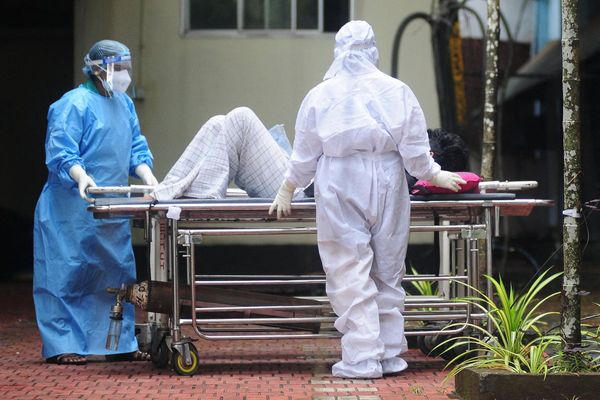
The National Education Policy (NEP) was implemented on July 29, 2020. Union home minister Amit Shah will launch several initiatives related to the education sector in New Delhi on the second anniversary of the policy. As NEP completes two years on Friday, Union education minister Dharmendra Pradhan spoke to Kumar Shakti Shekhar and explained the core principles of the policy. Excerpts:
Q: There are allegations and apprehensions that the New Education Policy (NEP) will promote Hindutva. It is said that to that end, new chapters are being added and some are being deleted. Are these rumours and is there any truth in this?
In our country in the last 75 years after Independence when the Constitution was framed, in the initial days after consulting all sections of the society and including all of them, with their participation, a draft was prepared. So that it gets recognition and people believe in it. Subsequently, several laws and documents were made by the government. After the Indian Constitution which was prepared by the Constituent Assembly, NEP is the biggest document prepared by public participation and consultation.
It has two-three futuristic dimensions. The world is changing at a fast pace. India is emerging as a leader in knowledge-based economy in the 21st century. Therefore, education should also be in accordance with the global demands of the century. This expectation is there in the NEP. The strategy and guidelines have been made accordingly. The directives are also in consonance with the demands.
The second aspect is that the NEP should be made not only to impact the leadership as per the global requirement in the 21st century but it also has to be in accordance with the Indian knowledge system. It should be rooted in Indian culture, civilisation and traditions. India is an ancient civilisation. This civilisation is continuous.
The third important aspect is that the NEP should promote education in the local language. This would help make Indians good citizens.
The fundamentals of Macaulay were aimed at turning Indians into slaves. That was perpetuated by the eco-system.
However, the NEP aims at inculcating scientific temper among the students. It emphasises on making people job-givers rather than job-takers by developing core competence.
Q: Then why is the NEP being objected to by certain sections of society?
There are no objections. Whatever reservations a few people have are for political reasons.
Q: There were reports that the sections on Emergency and 2002 Gujarat riots have been removed from the school syllabus in Gujarat. Is it in accordance with NEP?
No, it has nothing to do with NEP. Basically, students got less time to attend school and study due to the Covid pandemic. Their education was hampered. A learning loss took place. We dropped these portions to shorten the syllabus. We also removed portions which were repetitive in nature.
Q: It is being said that the portion on Mughal history will be shortened in the syllabus and there would be extensive focus on other kingdoms. Also, will there be more emphasis on South Indian history in the new curriculum?
All decisions are taken by experts. There are no political decisions. The aim is to make students 21st century leaders who look ahead and are also rooted in culture, civilisation and traditions. The courses are being prepared on the recommendations of the Kasturirangan Committee. The formulation committee is doing the job as per the needs of the present times. The syllabus will be contextual.
Q: What are the provisions for the teachers in NEP?
The course also emphasises on teachers’ training. The contribution of students, academicians and the academic fraternity has been made to prepare NEP.
Q: What is the timeline for the implementation of NEP?
NEP was implemented in July 2020. A beginning has been made at the primary, elementary and play school level called ‘Baal Vatika’ to focus on the children who are in a raw age. The programme for teachers’ capacity building is underway. A new curriculum is being prepared. NEP will be implemented at the research level. It will take three more years to implement it. The policy should be implemented by 2025.







